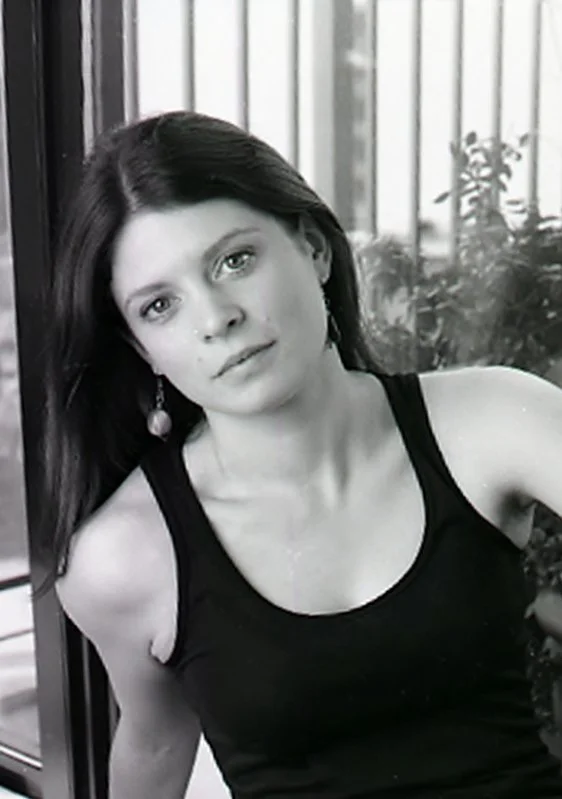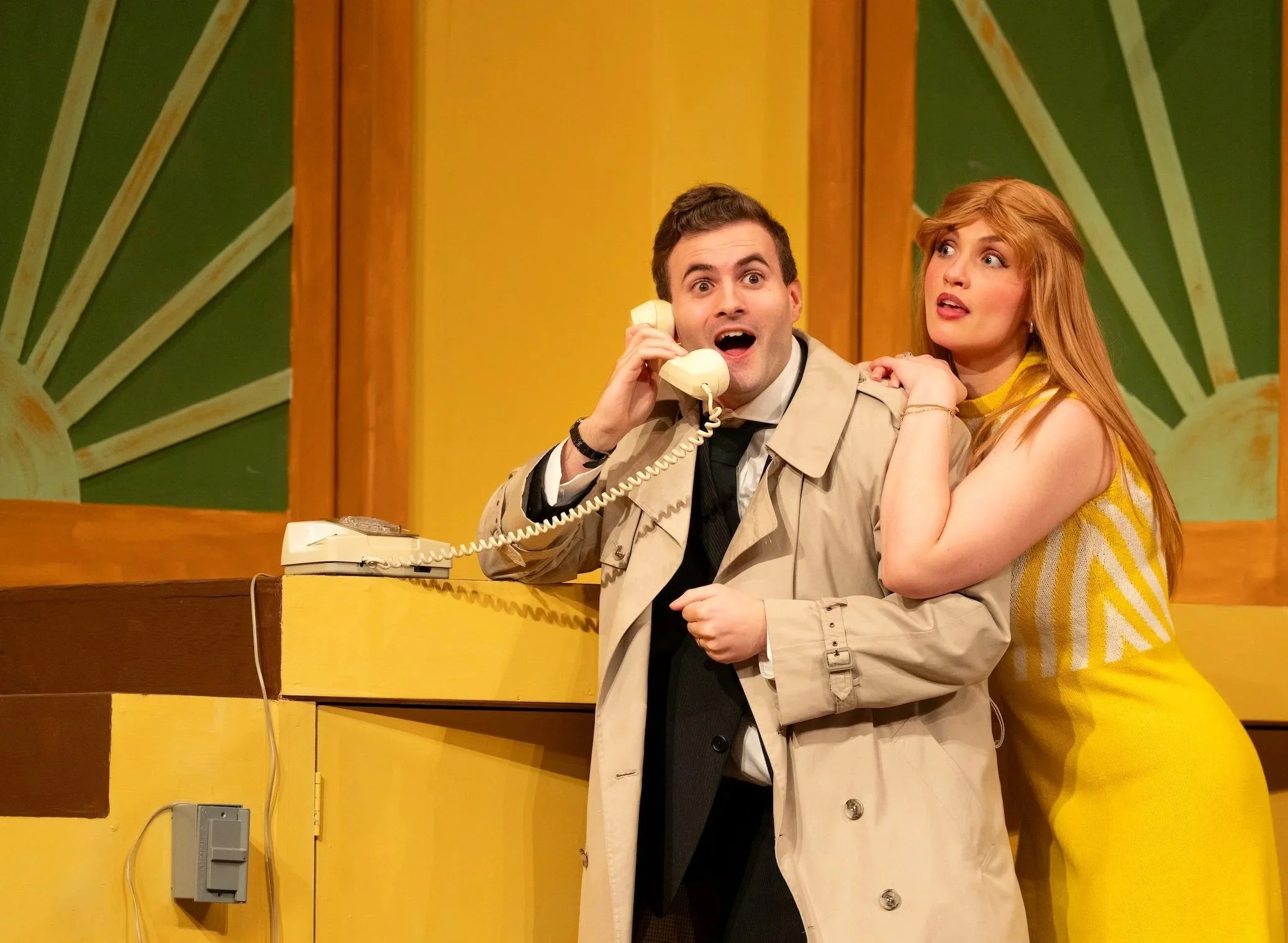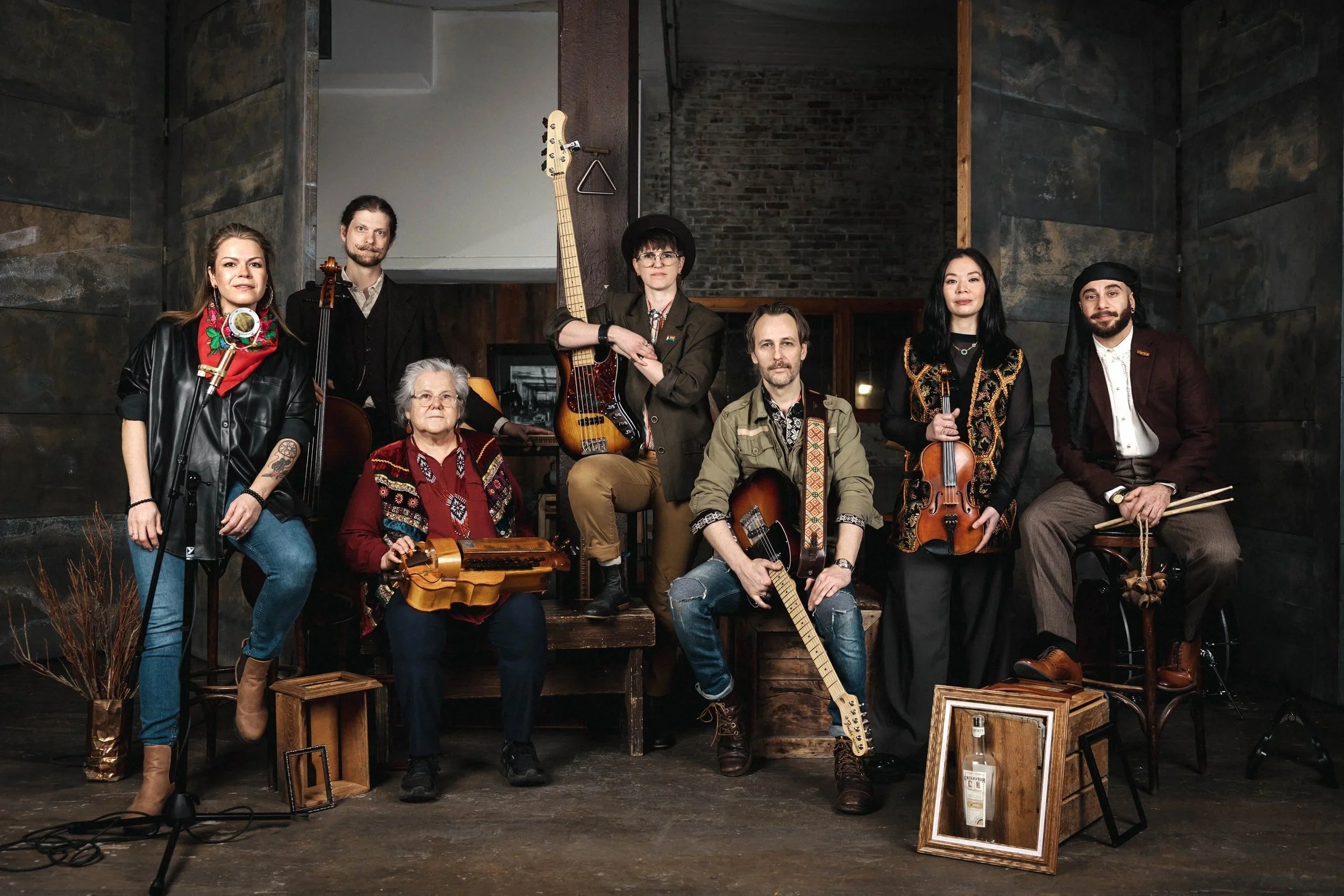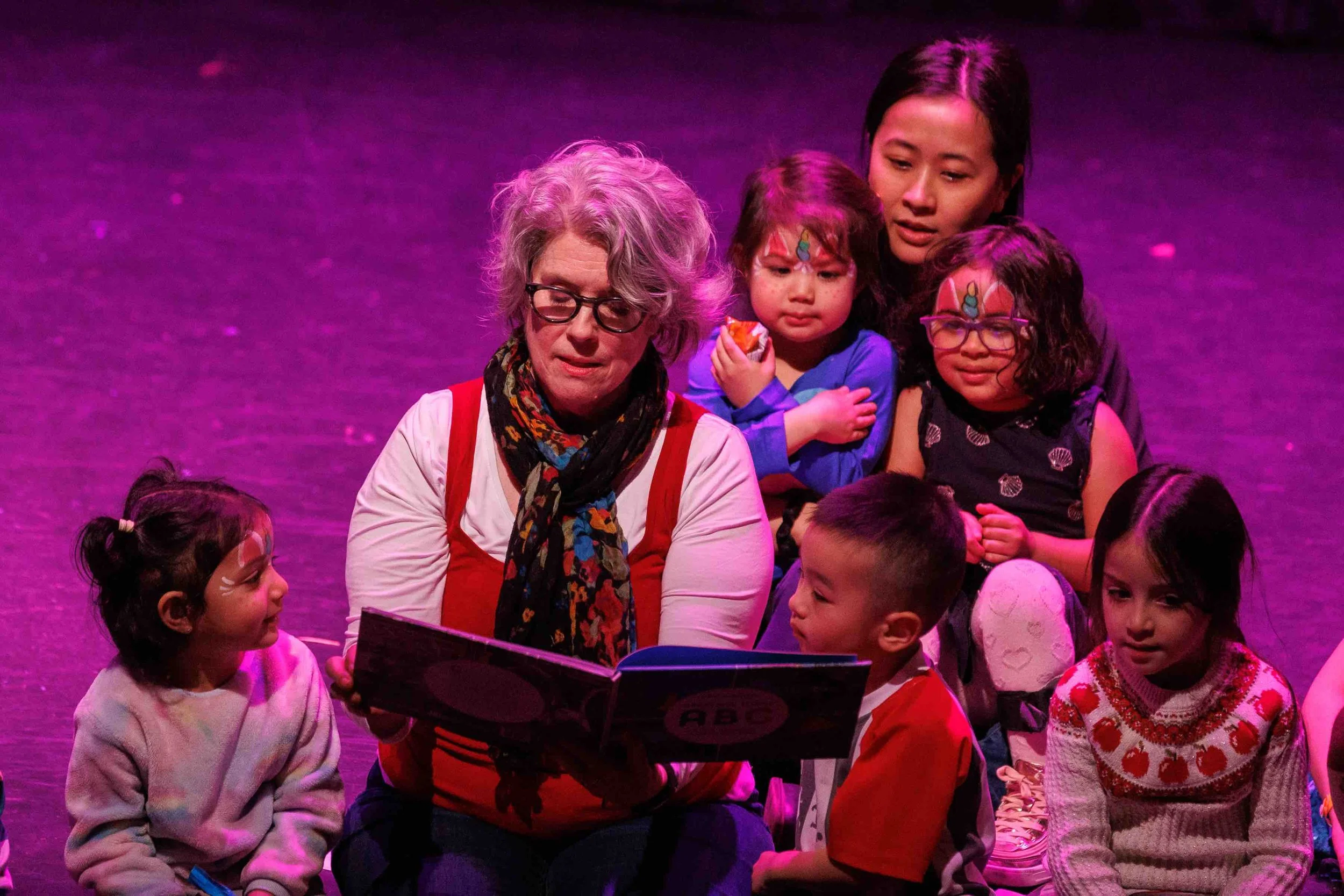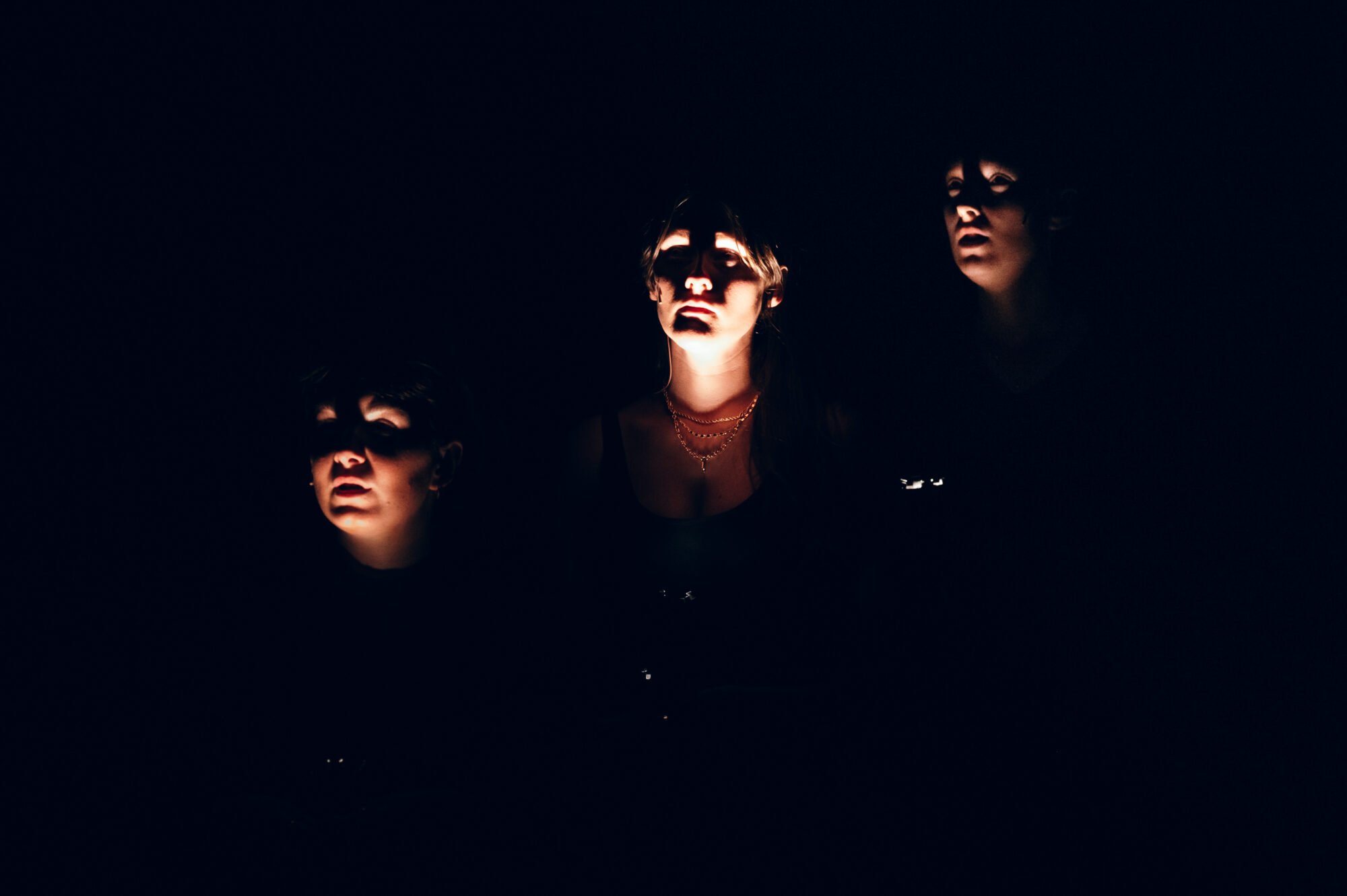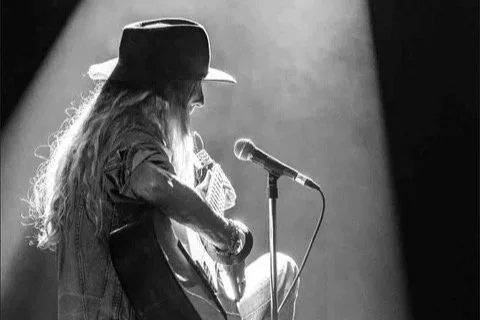In Response to Alabama breaks down myths and stigma around abortion
Three artists share their true stories in the intimate theatre piece
Miranda MacDougall (left) and Libby Willoughby in In Response to Alabama. Photo by Callum Gunn
The Cultch presents In Response to Alabama by Little Thief Theatre from March 3 to 12 at the Vancity Culture Lab.
IN 2019, THE state of Alabama attempted to pass the most aggressive anti-abortion law in the United States, a sweeping ban with exceptions only if a mother’s health is at serious risk or the fetus is unlikely to survive—but not in cases of rape or incest. A federal judge temporarily blocked the far-reaching measure, known as the “heartbeat” law, so-named as abortion would be made illegal as soon as a physician is able to detect cardiac activity, usually around six weeks into gestation or two weeks after a missed period, when most women don’t know they’re pregnant. The news prompted the team at Vancouver’s Little Thief Theatre to make the political personal with In Response to Alabama.
The intimate theatre piece features three artists sharing true stories of their abortions with a small audience. Created, written, and performed by Libby Willoughby and Miranda MacDougall—co-artistic directors of Little Thief Theatre—and Mariam Barry, In Response to Alabama is being remounted at the Cultch as part of the fifth annual Femme Festival.
The work remains just as relevant and urgent today as when it premiered, says director Keltie Forsyth. Consider that Texas recently passed what’s known as Senate Bill 8, the most restrictive law in the States, which makes most abortions illegal as soon as cardiac activity can be detected. Republican lawmakers in at least half a dozen states are looking to mirror the Texas law.
“It could just as easily be titled In Response to Texas,” Forsyth says of the piece in a phone interview with Stir, noting that effects of the anti-choice movement can be felt north of the border. “Although we tend to think of access to abortion not being a Canadian thing, it’s vital we don’t take it for granted. We’re susceptible to trends that don’t necessarily originate here. The act of humanizing those stories is really important.”
By having real people share their own experiences, In Response to Alabama gets past stigma, myths, and assumptions, something that’s especially important in the era of fake news and the spread of misinformation. What’s more, raising awareness of reproductive rights is crucial, the Little Thief Theatre team notes, given that Indigenous people, low-income individuals, those who live in rural and remote areas, and transgender and non-binary people experience greater challenges than others when it comes to accessing reproductive care.
Keltie Forsyth.
Making the theatre experience safe for the cast and audience members alike is a priority for the team. Counsellors will be available for attendees to speak to if they wish.
“We are working hard to take care of our audiences to make sure there’s a space they can go if they need a little bit of space or if they need to talk to someone,” Forsyth says. “Even these performers who are now doing this incredibly courageous thing, when they started telling audiences, they hadn’t really told anyone. We make sure there’s care taken of people in the show.
“We want to make sure there is space for all kinds of reactions,” she adds. “We don’t hide what the play is about.” (The production’s community partner is Abortion Rights Coalition of Canada.) And some adjustments have been made to the original piece, with three years having gone by since the premiere. “We are doing alterations of the work to make sure it reflects their [the performers’] current truth,” Forsyth says.
Forsyth says that being part of the Femme Festival, which highlights female-identifying voices and experiences, is an especially high point in her career. (She’s also directing Beautiful Man, which takes aim at gender roles through scathing satire.)
“I feel very strongly about dismantling the patriarchy and the role of art to do that,” Forsyth says. “It’s amazing to have a space somewhere like the Cultch, one of the most visible cultural institutions in our city, say ‘We’re going to talk about this.’ There’s a whole range of works—funny, honest, sad, heavy, fun, hard—and the thing that brings them together is an agreement that these are stories that need to be heard and voices that need to be celebrated. This will stick out as one of the highlights of my professional life.”
For more information, see the Cultch.



